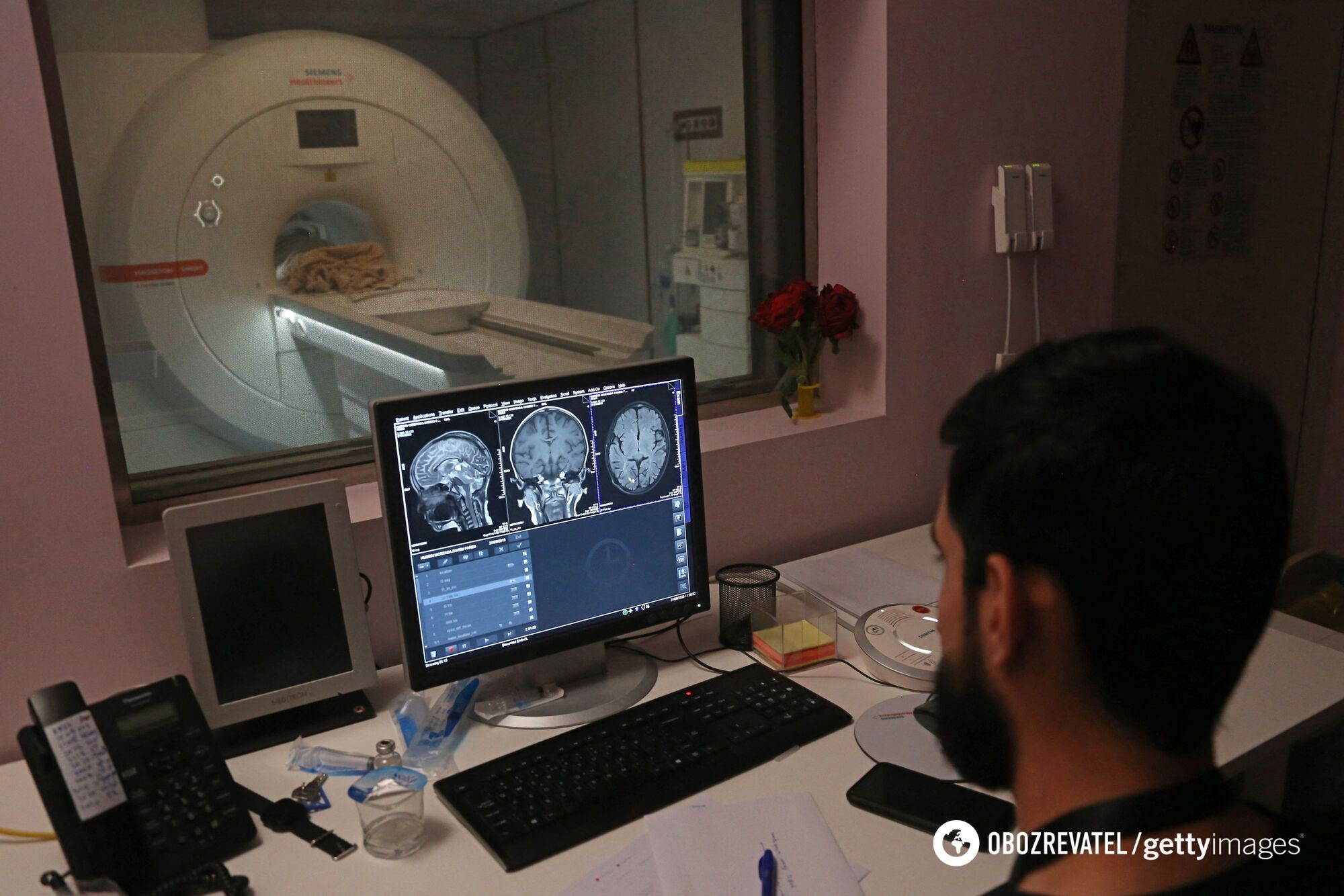News
Alcohol addiction leads to irreversible changes in the brain - study
Alcohol use disorder is a common health problem that affects millions of people around the world. Previous studies have shown that excessive alcohol consumption not only affects behavior, but also causes changes in the brain, especially in areas that control thinking, memory, and emotions.
Thus, a new study conducted at the Federal University of São Paulo (Brazil) has shown that people recovering from alcohol addiction have less brain tissue in areas related to thinking and emotions compared to healthy people. In addition, changes in the brain structure can affect how serious a person's alcohol problems become, Psy Post writes, citing the results of a study published in Psychiatry Research: Neuroimaging.
Lead author Isabel Cristina Céspedes and her colleagues specifically wanted to investigate whether differences in brain volume seen in patients with alcohol use disorder are associated with cognitive and mood difficulties, and whether these brain changes could help explain why some people develop more serious alcohol-related problems. By investigating these links, researchers hoped to gain a clearer picture of the biological and behavioral pathways that contribute to the disorder.
Two groups of men were recruited for the study. The first one included 50 men who had recently undergone alcohol detoxification and were undergoing treatment, while the second consisted of 50 men who did not have alcohol dependence and were classified as having a low risk for substance use.
All participants underwent high-resolution brain scans using magnetic resonance imaging (MRI), which allowed the researchers to measure the volume of different brain regions in great detail. They also underwent several tests designed to measure their cognitive abilities and emotional state and filled out self-assessment questionnaires that measured anxiety and depression. In addition, the researchers collected detailed information about the participants' substance use habits, education, and other clinical details such as family history of alcohol use disorder and previous treatments.
The researchers found that the group with alcohol use disorder had significantly less gray matter in several brain areas compared to the other. The decrease was especially noticeable in parts of the frontal lobe, which is known to be involved in planning, self-control, and evaluating choices, as well as in areas of the limbic system that helps regulate emotions and long-term memory.
In parallel with these brain differences, people with alcohol use disorder performed worse on memory tests. They had difficulty recalling information both immediately after memorization and after some time, as well as recognizing word cards previously shown to them. Although the differences in decision-making ability between the two groups were less pronounced, the overall picture suggests that reduced brain volume in certain areas is associated with poorer cognitive performance and higher levels of anxiety and depression.
This suggests that the emotional difficulties experienced by people with alcohol disorders may be partially rooted in structural changes in the brain
Only verified information is available on OBOZ.UA Telegram channel and Viber. Do not fall for fakes!





























